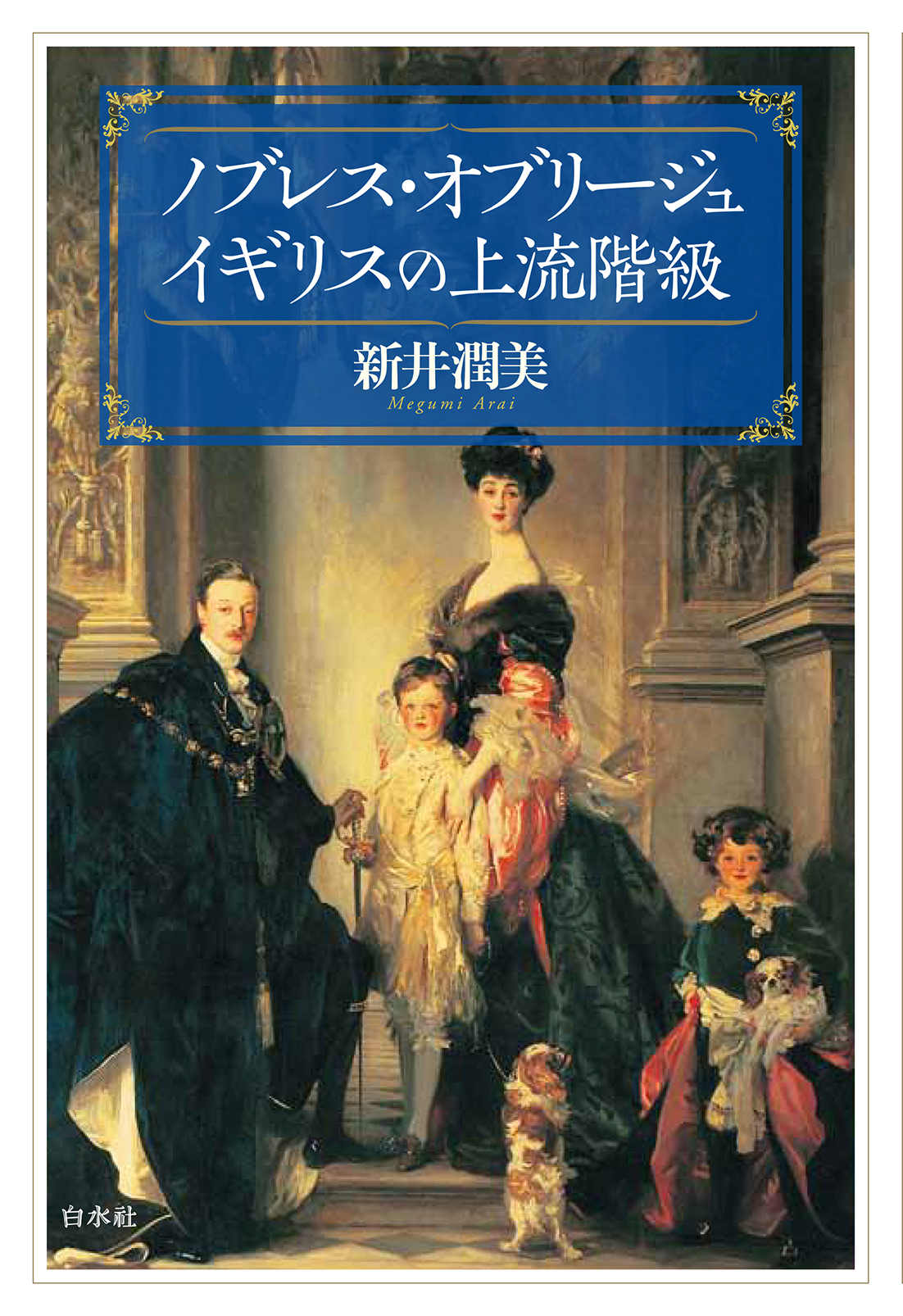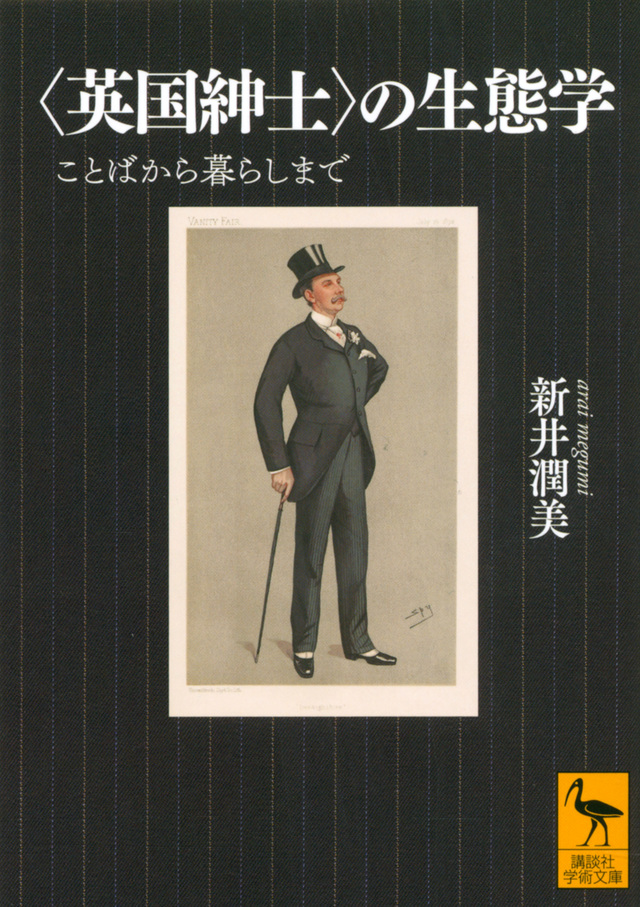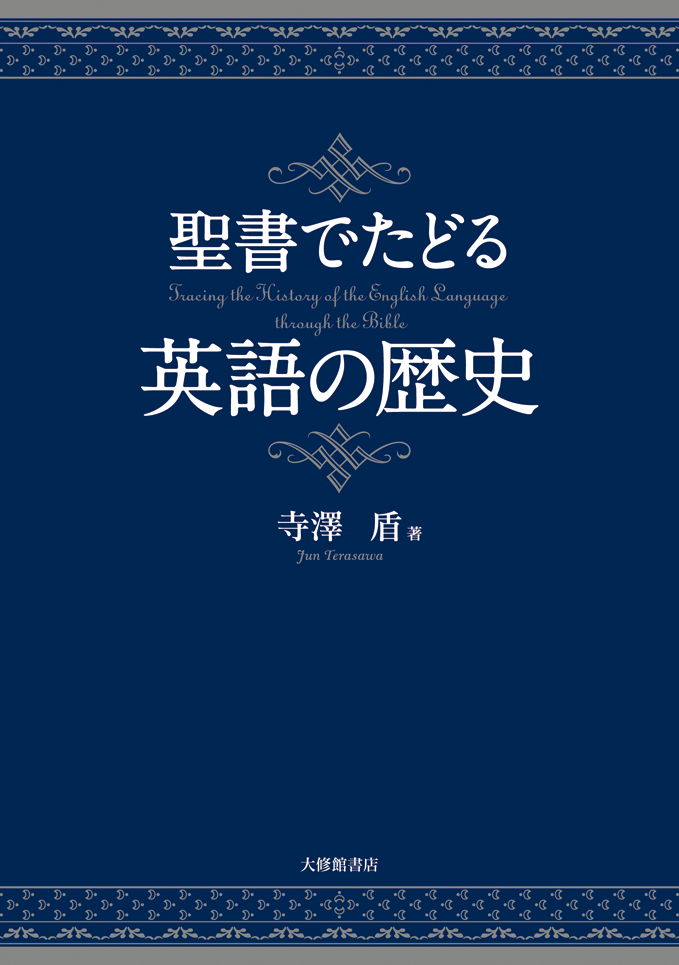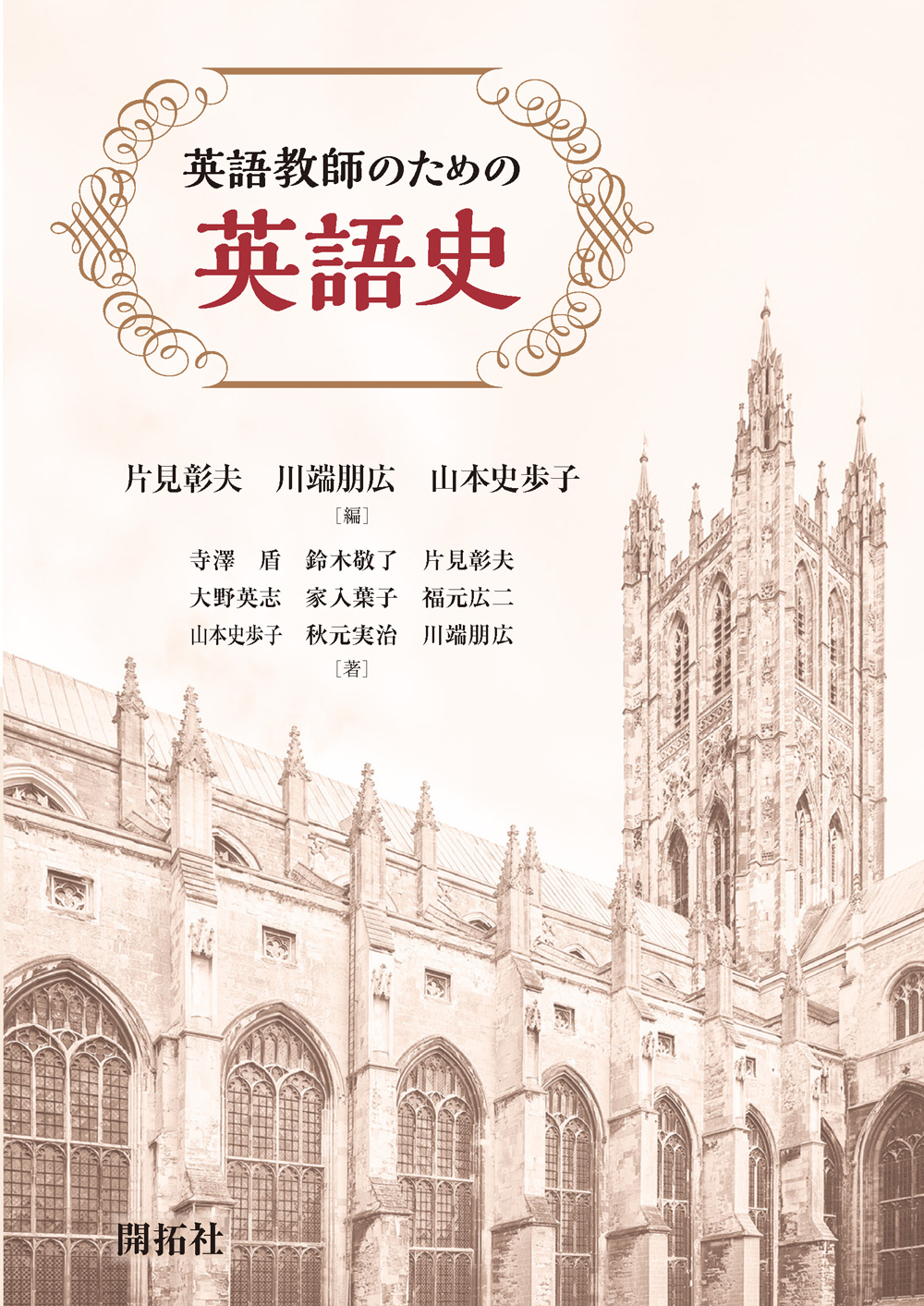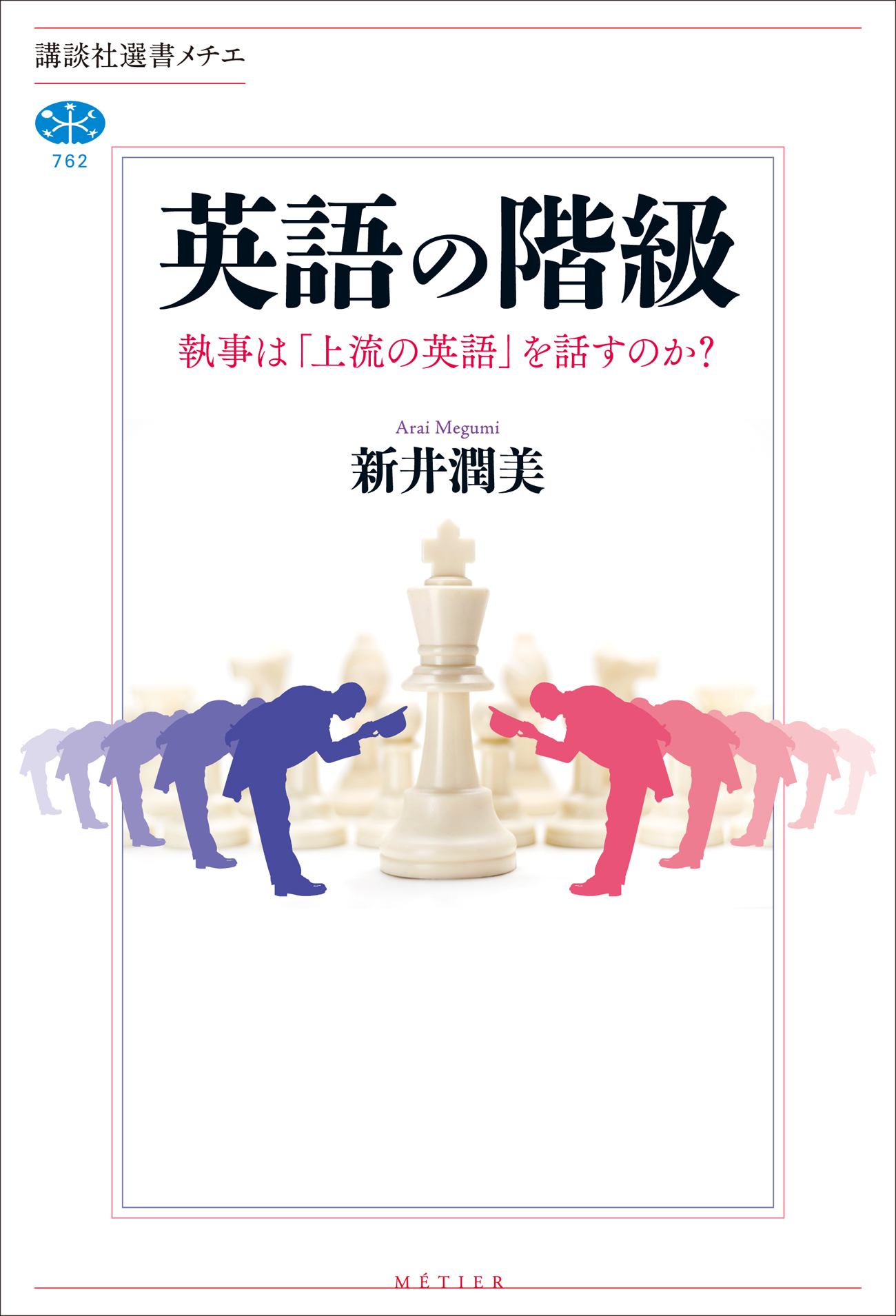
Title
Kodansha Sensho Metier Eigo no Kaikyu (English and Class: Does a Butler Speak ‘Posh’ English?)
Size
208 pages, 127x188mm
Language
Japanese
Released
April 14, 2022
ISBN
978-4-06-527707-2
Published by
Kodansha
Book Info
See Book Availability at Library
Japanese Page
As British linguist Geoff Lindsey writes in his book English after RP (Palgrave Macmillan, 2019), ’something remarkable happened in Great Britain’ around the beginning of the nineteenth century (1). What happened was that what came to be known as Received Pronunciation (RP) began to emerge, and regional accents and expressions came to be associated, not only with the geographical regions where they were spoken, as in other countries, but with social class. In the UK, regional accents and vocabulary, such as those of the London cockney, or the Liverpool scouse, can be seen and heard in the speech of the so-called lower middle class and the working class, while the upper class and the upper middle class, no matter where they are from or where they live, speak a kind of standard English which has variously been called ‘King’s/Queen’s English’, ‘public school English’, etc., and is now known as RP. This close connection between the English language and class is especially interesting when we look at how speech is depicted in British novels and plays, and in TV dramas and movies. When, for instance, a character says ‘pardon?’ when asking someone to repeat what they said, it is an indicator that the character is supposed to be of the lower middle class/working class, whereas the social élite are represented as saying ‘sorry?’, or even barking out ‘what?’. This book looks at how various accents and expressions in various kinds of English are used in British literature and culture to represent the social class of the speakers, and how certain words and phrases have come to be associated with a particular social class. Taking as a starting point the English of ‘stage butlers’ as represented in English literature and culture, the book discusses how excessive ‘sophistication’ and ‘politeness’ in speech can be intended to be an indicator of the ‘arriviste’, and not of ‘true class’. It then takes up the famous tongue-in-cheek ‘U’ and ‘non-U’ categorization by the aristocrat and writer Nancy Mitford, and goes on to look at the idiosyncrasies of ‘upper class’ English. This is followed by a discussion of the changes in the images of ‘working-class English’, especially during the second half of the twentieth century, and the changes seen in the attitude of the BBC towards ‘standard’ English. The influence of American English and the ambivalent attitude of the British towards this form of English is also examined. By looking at the representations of various types of English in British literature and culture, and discussing them in relation to the concept of class in the UK, this book also attempts to gain an insight into the various changes seen in Britain today.
(Written by ARAI Megumi, Professor, Graduate School of Humanities and Sociology / 2023)



 Find a book
Find a book



